
Showing all 7 books
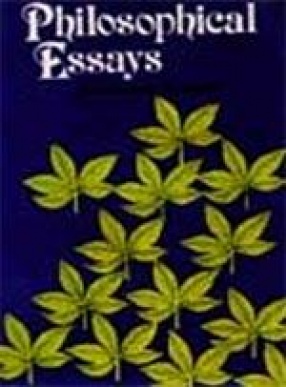
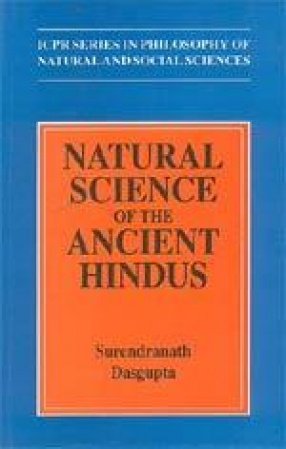
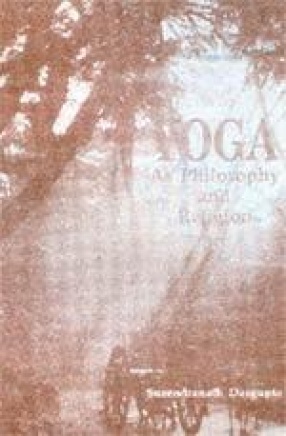

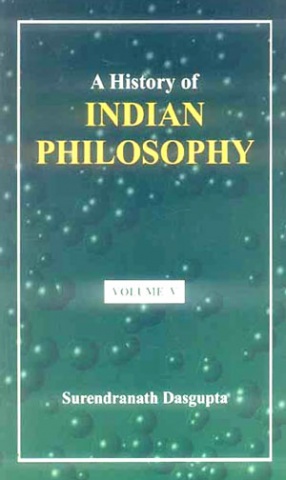
The work appears in five volumes. Vol. I comprises Buddhist and Jaina Philosophy and the six systems of Hindu thought, viz.., Samkhya, Yoga, Nyaya, Vaisesika, Mimamsa and Vedanta. It also contains the philosophy of the Yogavasistha, the Bhagavadgita and speculations in the medical schools. Vol. III contains an elaborate account of the Principal Dualistic and Pluralistic Systems such as the philosophy of the Pancaratra, Bhaskara, Yamuna, Ramanuja, Nimbarka, ...
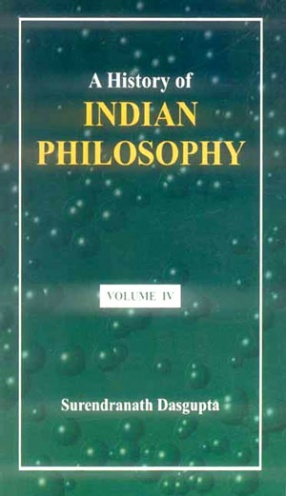
The volume deals with the philosophy of the Bhagavata Purana, the philosophy of Madhva and his followers, the philosophy of Vallabha and the philosophy of the Gaudiya school of Vaisnavism.
Of the controversy between the monists of the Sankara School and the dualists of the Madhva School, most people are ignorant of the Madhva side of the case, though there are many who may be familiar with the monistic point of view. It is hoped that the treatment of the ...



Here is a work of conspicuous significance dug out from the unpublished papers of one of the foremost philosophers of modern India. The text contains "main features of the conflicting theories of matter, motion and cosmic changes held at different times by different schools of philosophy - Hindu, Buddhist and Jain.' In a bare outline, the discussion provides a comparative survey of Western thought 'in ancient and modern times', and striking 'points of ...

Yoga is the steadiness of the mind, with the annihilation of the mental states, into a particular type of graduated state leading to Self-realization. The earliest exponent of this system called Rajayoga, the highest of all yogas as distinguished from Hathayoga and Mantrayoga was Patanjali who wrote Aphorisms on Yoga in 150 B.C. The present treatise related to the system of Rajayoga as enunciated by Patanjali and explained by his commentators Vyasa, ...
